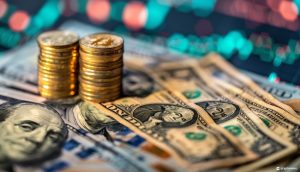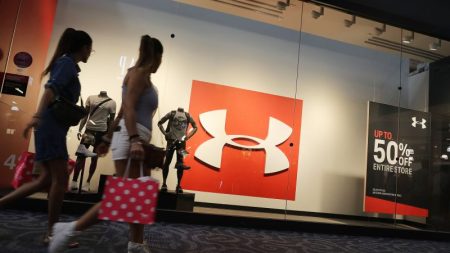China experienced a surge in tourism during the Labor Day holiday, with 295 million trips taken within mainland China, a 28% increase from 2019. However, despite the increase in the number of trips, tourists were spending less money per trip compared to previous years. The tourism revenue of 166.89 billion yuan was only 13.5% higher than 2019 levels, indicating that consumption in the world’s second-largest economy remains sluggish. The average spending per trip dropped by 6% to 565.73 yuan, reflecting a decrease in consumer spending during the holiday period.
The box office in China also saw a similar trend during the Labor Day holiday, with 37.77 million people going to the cinema, surpassing 2019 levels. However, ticket sales were about the same as 2019, reaching 1.527 billion yuan. Chinese consumers have cut back on spending as the economy weakens and job prospects worsen. A record downturn in real estate, which accounts for 70% of household wealth, is impacting consumer sentiment. Analysts from TD Securities noted that consumer sentiment appears shaky, as seen in sluggish retail sales spending momentum and a sharp reversal in the April services PMI.
Recent economic data in China reflects the impact of weakened consumer sentiment on the economy. The Caixin/S&P Global services PMI fell to 52.5 in April, while the services sub-index under the official non-manufacturing PMI dropped to 50.3 in April. These indicators suggest a weakening in the services sector and consumer spending in the economy. In March, retail sales growth slowed to 3.1% from 5.5% in February, while consumer inflation increased by only 0.1% from a year earlier. This muted inflation rate was down from 0.7% in February, indicating a decrease in consumer spending and economic activity.
The decline in consumer spending and economic activity in China is also reflected in the tourism sector during the Labor Day holiday. While the number of trips taken increased significantly compared to 2019, tourists were spending less money per trip, highlighting the subdued consumer sentiment in the economy. The box office also saw a similar trend, with more people attending cinemas but ticket sales remaining stagnant. As the economy weakens and job prospects decline, Chinese consumers are cutting back on spending, impacting various sectors of the economy.
The overall economic outlook for China remains uncertain as consumer sentiment weakens and economic indicators show a slowdown in activity. With a record downturn in real estate and decreasing consumer spending, the economy is facing challenges that could impact growth in the coming months. The government will need to implement policies to stimulate consumer spending and boost economic activity to mitigate the impact of the current economic slowdown. Monitoring consumer sentiment and economic indicators will be essential in understanding the trajectory of the economy and guiding policy decisions to support growth in the future.















